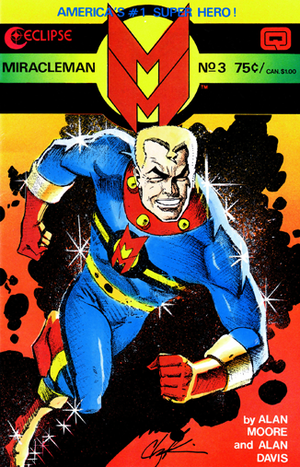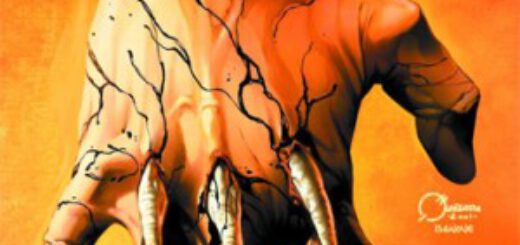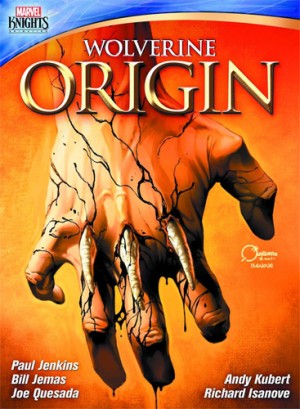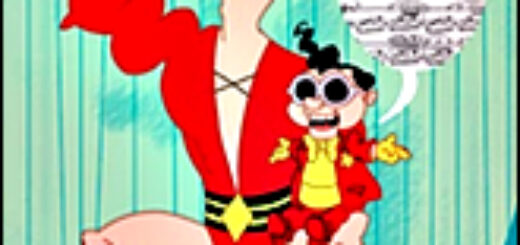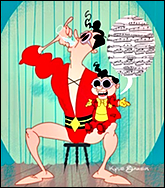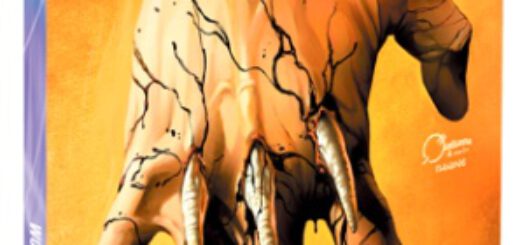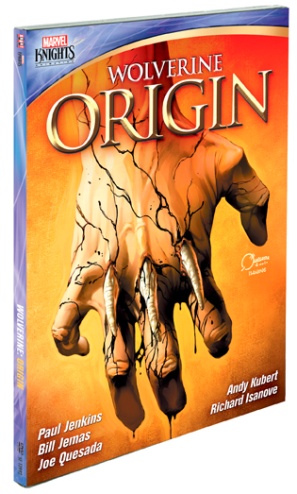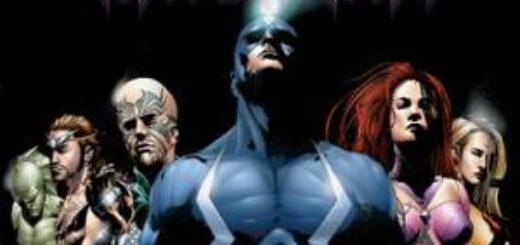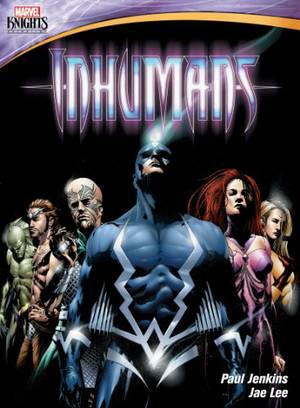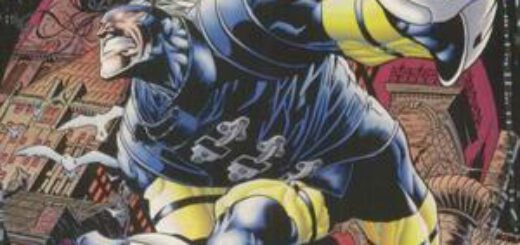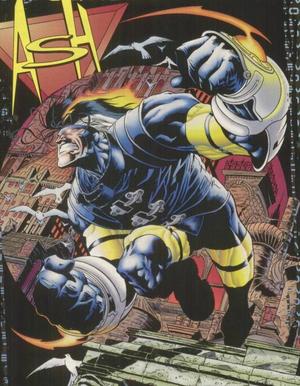Mike Gold: Feige Island and the Sharks of Doom
Last week, Rich Johnston over at Bleeding Cool wrote one of his typically brilliant pieces about how Marvel Studios’ Kevin Feige aced out Marvel CEO Isaac Perlmutter and put to death the Marvel Creative Committee – Alan Fine, Brian Michael Bendis, Dan Buckley, Joe Quesada and others from time to time such as Jeph Loeb and Axel Alonso.
That last bit makes my head hurt. Consciously turning your back on such a gifted, knowledgeable and successful group of people because you think you know how to do it better is not the act of a good businessperson, it’s the act of a megalomaniac.
Rich asks the question “how did Feige manage to strong-arm Disney into this decision?” That’s a fascinating question, as historical inquiries go. I’d like to toss out some comments about the future of Feige Island (Rich’s term; I only steal from the best). To paraphrase the most over-paraphrased phrase in comics, “with great power comes great exposure.”
This is not a prediction, it’s an analysis. Lots of shit will come down the pike. However, this is one of those rare occasions where logic is useful. Sooner or later, Marvel Studios is going to drop a turd. No slight against Marvel; it’s the second law of thermodynamics, although I phrased it somewhat differently. It’s going to happen sooner or later.
The highest dictum of business is “cover your ass.” Once again I shall quote the great Mel Brooks in Blazing Saddles, where he played Governor William J. Le Petomane at his conference table. “We’ve got to protect our phony baloney jobs, gentlemen!”
This is the principle by which business, government, and Hollywood lives and is bound to live. So, when Marvel Studios finally lays that egg, who is going to get the blame? If the buck stops at Kevin Feige’s wallet, who else is there to blame? Ike Perlmutter? Nope; he’s been banished from Feige Island. If Kevin doesn’t get himself a fall guy… then he is the fall guy.
Why the hell would a creative manager void himself of input from the likes of Bendis, Buckley, Quesada, Loeb, Fine and Alonso? Did Feige actually see any of the Marvel Studios product?
How about the balance sheets?
(For a swell time, Google Mel Brooks’ muse Le Pétomane, the stage name of the French flatulist Joseph Pujol. Seriously. You’ll be amazed and delighted… and, probably, a bit disgusted.)

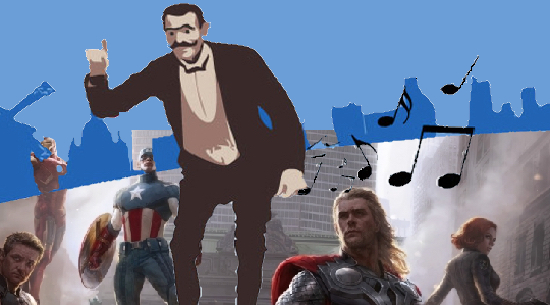


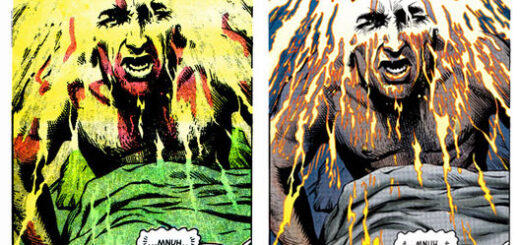
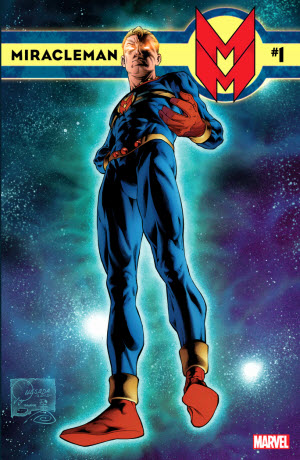
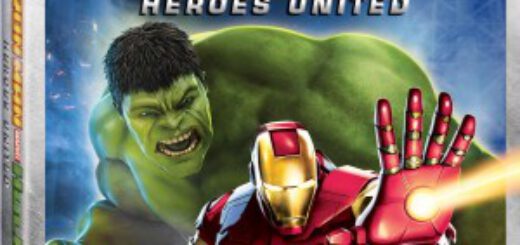
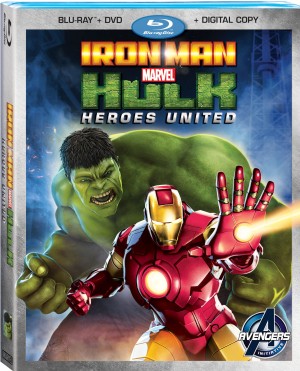
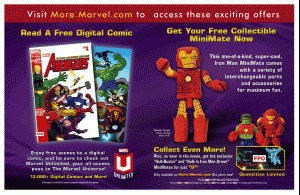
 After their first announcement at San Diego four years ago that they had obtained the rights,
After their first announcement at San Diego four years ago that they had obtained the rights, 